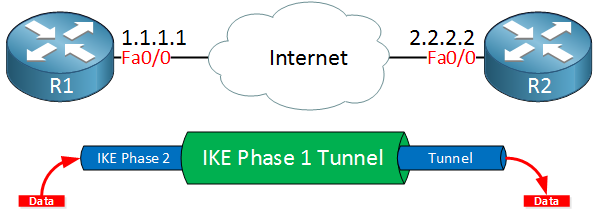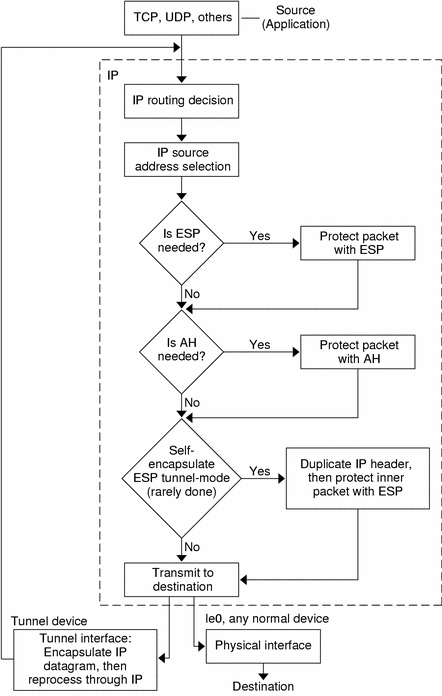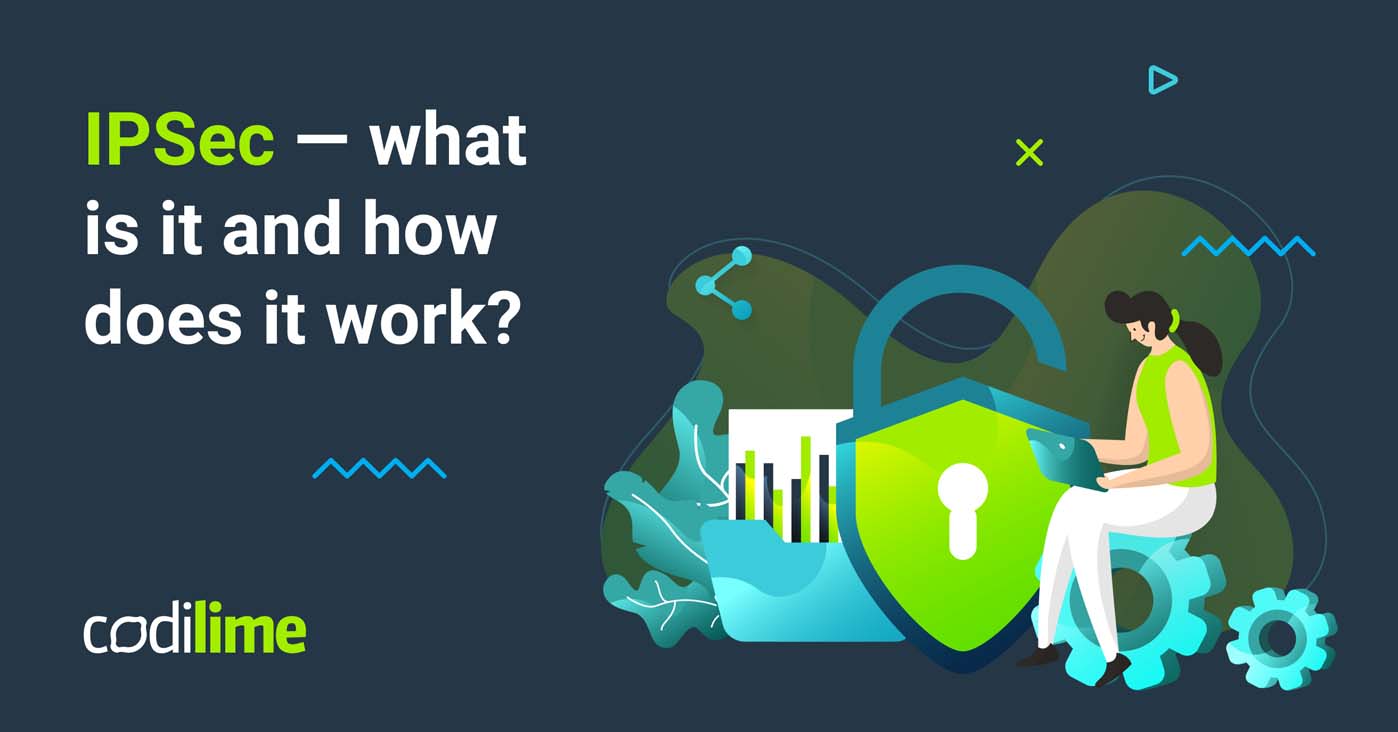Featured
Table of Contents
What Is Ipsec And How Does It Work?
These settlements take two forms, main and aggressive. The host system that starts the process suggests encryption and authentication algorithms and settlements continue up until both systems pick the accepted protocols. The host system that begins the procedure proposes its favored file encryption and authentication methods however does not negotiate or change its choices.
When the information has been transferred or the session times out, the IPsec connection is closed. The personal secrets used for the transfer are deleted, and the procedure comes to an end.
IPsec utilizes two primary procedures to supply security services, the Authentication Header (AH) protocol and the Encapsulating Security Payload (ESP) procedure, along with a number of others. Not all of these procedures and algorithms need to be utilized the particular selection is figured out during the Negotiations phase. The Authentication Header procedure validates information origin and stability and offers replay protection.
Ipsec
A trusted certificate authority (CA) supplies digital certificates to confirm the communication. This enables the host system getting the information to validate that the sender is who they declare to be. The Kerberos protocol supplies a central authentication service, enabling devices that use it to confirm each other. Various IPsec applications may utilize different authentication methods, but the result is the very same: the safe transfer of data.
The transportation and tunnel IPsec modes have a number of crucial distinctions. Encryption is only applied to the payload of the IP packet, with the initial IP header left in plain text. Transport mode is mainly used to provide end-to-end interaction in between two devices. Transport mode is primarily utilized in scenarios where the 2 host systems communicating are trusted and have their own security procedures in place.
Encryption is applied to both the payload and the IP header, and a new IP header is contributed to the encrypted package. Tunnel mode offers a safe connection between points, with the original IP package wrapped inside a brand-new IP packet for extra defense. Tunnel mode can be utilized in cases where endpoints are not trusted or are lacking security mechanisms.
What Is An Ipsec Tunnel? An Inside Look
This means that users on both networks can interact as if they were in the very same space. Client-to-site VPNs permit individual gadgets to link to a network remotely. With this option, a remote employee can run on the exact same network as the rest of their team, even if they aren't in the exact same place.
(client-to-site or client-to-client, for example) most IPsec geographies come with both benefits and drawbacks. Let's take a closer look at the advantages and downsides of an IPsec VPN.
An IPSec VPN offers robust network security by securing and authenticating information as it travels in between points on the network. An IPSec VPN is versatile and can be set up for different usage cases, like site-to-site, client-to-site, and client-to-client. This makes it a good choice for organizations of all sizes and shapes.
What Is Ipsec Vpn - Ssl Vs Ipsec Protocol In 2023


IPsec and SSL VPNs have one primary distinction: the endpoint of each protocol. An IPsec VPN lets a user connect remotely to a network and all its applications.
For mac, OS (by means of the App Store) and i, OS variations, Nord, VPN uses IKEv2/IPsec. This is a mix of the IPsec and Web Secret Exchange variation 2 (IKEv2) procedures. IKEv2/IPsec permits a safe and secure VPN connection, without jeopardizing on web speeds. IKEv2/IPsec is simply one choice available to Nord, VPN users.
Stay safe with the world's leading VPN.
What Is An Ipsec Vpn?
Prior to we take a dive into the tech stuff, it is essential to see that IPsec has quite a history. It is interlinked with the origins of the Internet and is the outcome of efforts to develop IP-layer encryption techniques in the early 90s. As an open procedure backed by continuous development, it has proved its qualities for many years and despite the fact that challenger protocols such as Wireguard have emerged, IPsec keeps its position as the most commonly used VPN protocol together with Open, VPN.
SAKMP is a procedure utilized for developing Security Association (SA). This treatment includes two actions: Phase 1 establishes the IKE SA tunnel, a two-way management tunnel for essential exchange. When the communication is developed, IPSEC SA channels for secure information transfer are established in phase 2. Characteristics of this one-way IPsec VPN tunnel, such as which cipher, approach or secret will be used, were pre-agreed by both hosts (in case of IPsec VPN, this is a connection in between a gateway and computer).
IPsec VPNs are extensively utilized for several factors such as: High speed, Really strong ciphers, High speed of developing the connection, Broad adoption by running systems, routers and other network devices, Of course,. There are alternative options out there such as Open, VPN, Wireguard and others (see the list of important VPN protocols on our blog site).
Ipsec
When establishing an IKEv2 connection, IPsec utilizes UDP/500 and UDP/4500 ports by default. By basic, the connection is established on UDP/500, however if it appears throughout the IKE establishment that the source/destination lags the NAT, the port is changed to UDP/4500 (for info about a technique called port forwarding, inspect the short article VPN Port Forwarding: Good or Bad?).
There are a number of distinctions in terms of technology, use, benefits, and disadvantages. to encrypt HTTPS traffic. The purpose of HTTPS is to secure the material of communication in between the sender and recipient. This makes sure that anybody who desires to obstruct interaction will not be able to discover usernames, passwords, banking information, or other delicate data.
All this info can be seen and kept track of by the ISP, federal government, or misused by corporations and enemies. To get rid of such risks, IPsec VPN is a go-to option. IPsec VPN deals with a various network layer than SSL VPN. IPsec VPN runs on the network layer (L3) while SSL VPN runs on the application layer.
What Is Ipsec? - Internet Protocol Security Explained

When security is the primary issue, modern-day cloud IPsec VPN must be chosen over SSL considering that it secures all traffic from the host to the application/network/cloud. SSL VPN secures traffic from the web internet browser to the web server only. IPsec VPN safeguards any traffic in between two points identified by IP addresses.
The issue of choosing in between IPsec VPN vs SSL VPN is closely associated to the topic "Do You Required a VPN When Many Online Traffic Is Encrypted?" which we have covered in our current blog site. Some might believe that VPNs are barely required with the rise of inbuilt file encryption directly in email, web browsers, applications and cloud storage.
Latest Posts
The Best Vpn Services 2023
10 Best Cloud Vpn Providers In 2023
The Best Mobile Vpn Apps 2023